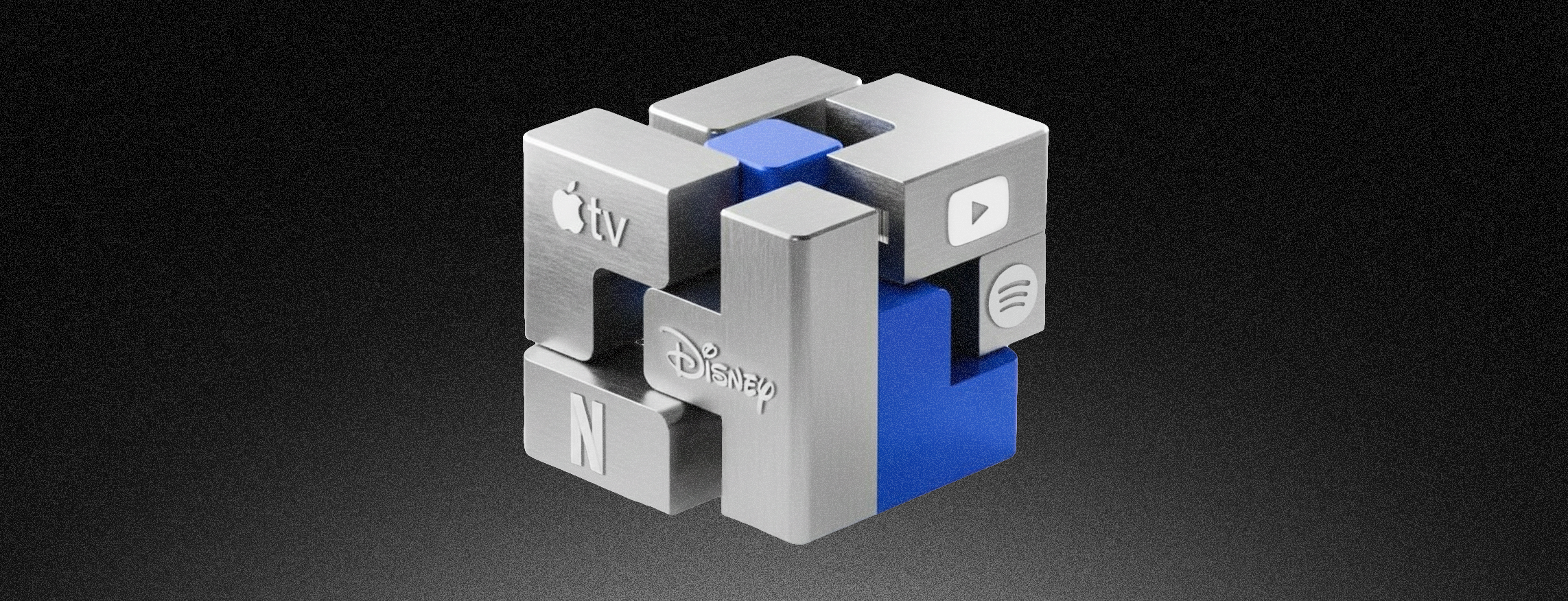
.svg)


Sending money to Nigeria is more than just a transaction—it’s a lifeline for families, a bridge connecting loved ones, and sometimes, a lifebuoy for urgent needs. Whether you’re making sure your cousin has enough funds for school or helping your parents back home with bills, it’s a task that demands reliability, speed, and affordability. Yet, navigating service options can feel overwhelming. The question isn’t just how to send money to Nigeria, but how to do it in the smartest, most efficient way possible.
Why is sending money to Nigeria still such a big deal? The reason is simple: it’s about trust. When you entrust your hard-earned cash to an app, a bank, or an online service, you’re relying on them to deliver without delay or exorbitant fees. And the stakes? High. Not all money transfer services are created equal, and one wrong choice could leave you frustrated—at best—and short-changed—at worst.
So, whether you’re in Canada, the USA, the UK, or anywhere in between, this guide will help you navigate the world of international money transfer to Nigeria. You’ll find everything from common pitfalls to the best tools for the job, so you can keep those remittances flowing—without the headaches.
Understanding the Basics of Sending Money to Nigeria
When sending money to Nigeria, the first thing you’ll want to consider is the range of options available, and just so you know, for a country with over 200 million people, and with a robust cross-border service network, many service providers are jostling for space in the Nigerian international remittance market. With so many different apps and financial institutions to choose from, it’s easy to feel spoiled for choice. However, the devil is in the details—fees, time/money factor, exchange rates, and even the security of your transaction can vary widely between services.
For starters, it’s important to decide whether you’ll send money to a Nigerian bank account directly or opt for a mobile wallet or cash pickup service. Each of these methods has its pros and cons, and the right choice often depends on the recipient’s needs. For example, if they’re in a remote area where bank access is limited, sending money to a mobile wallet might be more convenient. On the other hand, if you’re sending a larger amount, direct bank transfers could offer more security.
One often overlooked factor is timing. Believe it or not, the time you choose to send money to Nigeria can influence how much it costs and how fast it arrives. If you’re working with real-time transfers, you can have peace of mind that the money will arrive almost instantly, but that convenience might come with higher fees. Knowing when and how to navigate transfer options can help you avoid unnecessary expenses.
7 Things to Consider Before Sending Money to Nigeria via Banks, Mobile Wallet, or Cash Pick-Up
When sending money to Nigeria, the pick-up method you choose can significantly affect the convenience, cost, and speed of your transfer. Whether you’re considering banks, mobile wallets, or cash pick-up, here are seven key things to think about before making a final decision.
Bank Transfers: Are They Too Expensive?
Bank transfers are a reliable way to send money to Nigeria, but they can come with high fees and slow processing times. If your recipient has a bank account, this method can be convenient, but it’s often not the cheapest. Banks tend to charge more in transfer fees and may offer less favourable exchange rates compared to other options. Plus, the funds can take a few business days to reach the recipient’s account. Make sure to compare costs with other services if you’re thinking about using this method.
Mobile Wallets: Are They Accessible for Your Recipient?
Mobile wallets like Pesa and a few others have gained popularity in Nigeria because they’re fast and often fee-free for transfers. However, your recipient needs to have a mobile wallet account to receive the money. If they do, this is one of the quickest ways to send money to Nigeria as your recipient can access the money almost immediately. Mobile wallets also tend to offer competitive exchange rates. Before sending, ensure your recipient is familiar with how to use a mobile wallet, as some might prefer traditional banking methods.
Cash Pick-Up: Is It Convenient for Rural Areas?
Cash pick-up locations are available across Nigeria, making it a great option if your recipient prefers to receive physical cash. This method is ideal for recipients who don’t have a bank account or mobile wallet. However, access to cash pick-up centres might be limited in rural areas, and the recipient would need to physically visit the location to get their money. Always check if there’s a pick-up point close to your recipient to avoid unnecessary travel.
Speed of Delivery: Which Option Is Fastest?
Mobile wallets and cash pick-up services typically process transfers within minutes, making them ideal for urgent needs. On the other hand, bank transfers can take a few days to clear, especially during public holidays or weekends. If speed is a priority, mobile wallets and cash pick-up services offer a significant advantage.
Security: Are All Methods Secure?
Banks have long been considered the most secure way to send money, with robust fraud prevention measures in place. Today, mobile wallets and cash pick-up services, however, have also stepped up their security features. Always ensure the provider you use has encryption and two-factor authentication to protect your transaction, no matter the pick-up method. Pesa for example, ensures that your account is protected via a stringent 2FA method, thereby safeguarding your data, privacy and preventing an unrecognised third party from accessing your app.
Transfer Limits: What Are the Restrictions?
Banks often have higher transfer limits compared to mobile wallets and cash pick-up services, which might cap the amount of money you can send at once. If you’re planning to send large amounts, double-check the maximum limits of each method. Cash pick-up services might have lower limits, making mobile wallets or bank transfers better for large sums.
Cost Efficiency: What’s the Most Cost-Effective Option?
Bank transfers often come with higher fees, while mobile wallets usually offer transfers with low or no fees. Cash pick-up services tend to fall somewhere in between, with varying fees depending on the provider. Before sending money to Nigeria, make sure to compare the fees and exchange rates across all three methods to find the most cost-effective option.
Key Factors to Consider When Sending Money to Nigeria
Exchange Rates
One of the first things to watch for when you send money to Nigeria is the exchange rate. This determines how much your recipient will receive in naira (NGN) for every dollar, pound, or euro sent. Transfer services often offer different exchange rates, and while they may seem like small differences, over time, they can significantly affect the total amount received.
Pro Tip: Always compare the rates offered by different services. Even a difference of a few CAD to NGN can make a notable impact.
Fees
It’s common knowledge that many services charge a fee for international transfers. But did you know that some fees are hidden? Always be on the lookout for additional costs embedded in the exchange rates or delivery times.
Pro Tip: Look for services offering transparent, no-fee transfers (like Pesa), or at least ones that make their fee structure easy to understand. Avoid services that inflate exchange rates as a sneaky way of charging you more.
Speed
When it comes to sending money across borders, speed matters—especially in emergencies. Some services can take up to five days to deliver funds, while others offer real-time transfers.
Pro Tip: If you’re in a rush, opt for a service that guarantees instant transfers. But be cautious—sometimes, faster speeds mean higher fees.
Convenience for Recipients
It’s not just about how easy it is for you to send money; consider how easy it will be for the recipient to access it. Do they need to visit a bank, or can they receive the funds on a mobile wallet?
Pro Tip: Choose a service that caters to the local infrastructure and offers multiple ways for your recipient to receive funds.
Service Reliability
Trustworthiness is crucial. You’re dealing with hard-earned money, and you need a service you can rely on. Not all platforms offer the same level of security and assurance.
Pro Tip: Stick with well-reviewed services that provide customer support in case something goes wrong.
Cross-Border Payments and Legal Compliance
Different countries have varying rules about cross-border transfers. Make sure your service complies with regulations on both ends to avoid delays or penalties.
Pro Tip: Opt for platforms that have a clear understanding of the local laws and make it easy to comply with Nigeria’s Central Bank policies on foreign remittances.
Multi-Currency Wallets
This is a relatively new feature that not many people take advantage of, but it’s a game-changer. Services like Pesa offer a multicurrency wallet, which allows you to hold money in different currencies before sending it at the right time. You can send in Naira, CAD, or any supported currency directly.
Pro Tip: Use a multi-currency wallet to save money when exchange rates are unfavourable. Send money when the rates are in your favour.
Why Pesa Is Your Best Option for Sending Money to Nigeria
When you want to send money to Nigeria, there’s no shortage of options. In fact, we have compiled the top five apps for sending money to Canada, UK, USA and elsewhere. In all, Pesa stands out as a leading choice for its exceptional features, including competitive exchange rates, low or no fees, instant transfers, and top-notch security. It’s a service that puts you—and your recipient—first.
Whether you’re sending money to help with tuition fees, medical bills, or just to show love from miles away, trust Pesa to make every transaction smooth, affordable, and secure. Choose Pesa today and discover a smarter way to send money to Nigeria.
Related articles
See all









.png)




